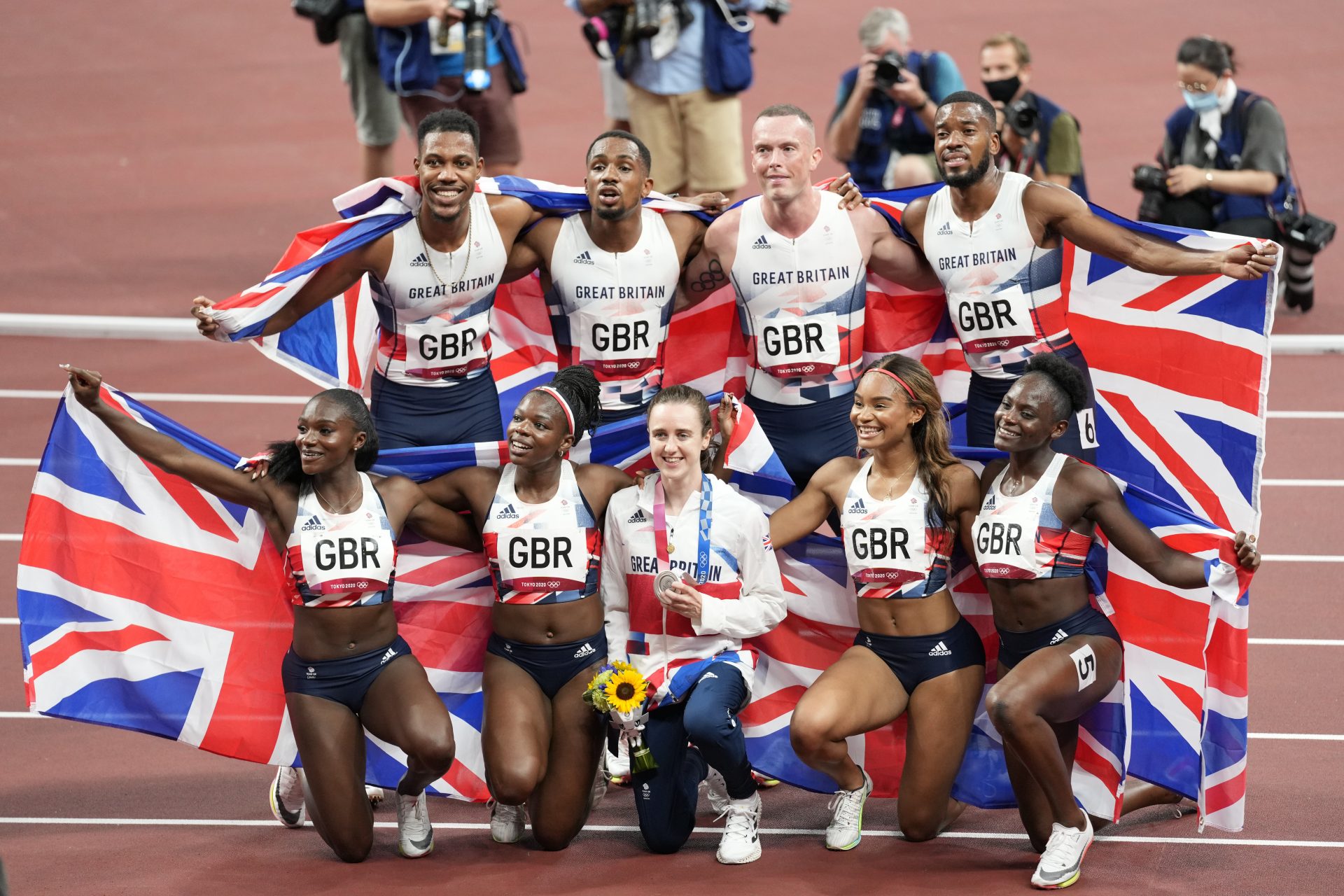A new report reveals the extent of online abuse during the Tokyo 2020 Games earlier this year.
World Athletics, the sport’s governing body, has released a report into online abuse during the Tokyo 2020 games and – as we’d unfortunately suspected – most victims of trolling were female. The report, published yesterday (25 November), which analysed 240,707 tweets including 23,521 images, GIFs and videos, found that 87% of all abuse was targeted at female athletes in the weeks 15 July – 9 August 2021.
Perhaps the most concerning discovery, however, was that 63% of all abuse was directed at just two unnamed athletes – both of whom were Black females.
You may also like
Female athletes are being trolled about their bodies and it needs to stop
The profiles of 161 athletes who were competing in the games were monitored for the research. Of those, 23 received abusive messages. World Athletics found that in total, 123 abusive posts were sent during the course of the 2020 Olympics. 29% were of a sexist nature, while just over a quarter were racist. Another 25% featured unfounded doping accusations and the other 20% of messages were mainly made up of transphobic (9%), sexualised (4%) and ableist (2%) language.
The report also found that 65% of messages were ‘gravely abusive’ and led to intervention from the social channels themselves. While World Athletics hasn’t confirmed if the abusive posts were removed, it reports that it is “working with Twitter and have notified them of the relevant posts and users and will continue to work with their team to take appropriate actions against the perpetrators.”

“The beauty of athletics is its diversity. We want our channels to not only represent but to celebrate this diversity, free from harassment and abuse,” a statement from World Athletics reads. The governing body has now pledged to:
- remove hate speech, including but not limited to sexist and racist language, bullying and other misconduct from the comments sections of our channels
- block people bringing abuse and hate to our channels
- report the most serious cases to relevant authorities
- ensure our channels continue to cover and celebrate diversity and equality in sport
- build on this promise to make our channels and the social media platforms used by our members a safer and more equal environment for everyone
You may also like
Tokyo 2020: Dina Asher Smith’s great comeback in the relay proves resilience is the theme of this year’s games
This news is despite the fact that this was the most gender-balanced Games of all time – with 5,985 men to 5,948 women competing. Yet while many celebrated this long overdueratio of athletes, others used it as a chance to spread hate. We know that this type of online abuse, in particular racism, happens to men in sport – you only have to look back to the Euros and the experiences of the Black players on the England football team.
But the overwhelmingly biased distribution of the abuse highlighted by World Athletics’ report on the Olympics highlights what we sadly already know about women in sport: they are often competing in spite of, rather than for, the public – knowing and preparing for intolerance based on their identity every time they step onto the pitch or the track. Meanwhile, men are generally more readily cherished and celebrated as heroes.
According to the World Athletics report, “Online abuse may cause trauma for the affected individual and can heavily impact athletes’ performances – both in training and during competition.” But abuse like this isn’t something that athletes can just leave at work; it undoubtedly impacts their mental health in the rest of their lives.
The problem is a cultural one that desperately needs to be tackled. But as an initial step, social media platforms need to be doing considerably more to prevent female athletes from carrying the burden of ongoing abuse. It’s a toxic weight that no one should ever have to bear.
Images: Getty
Source: Read Full Article
